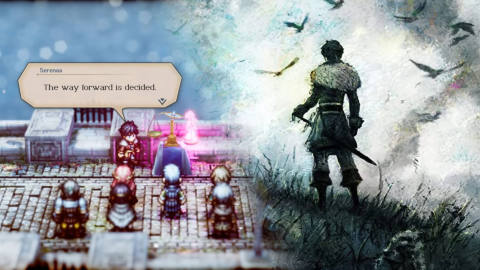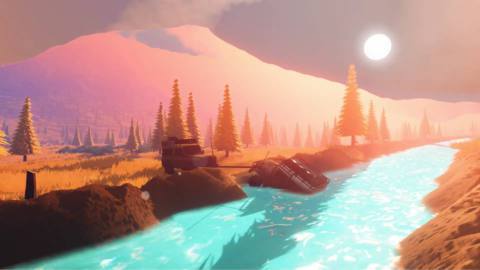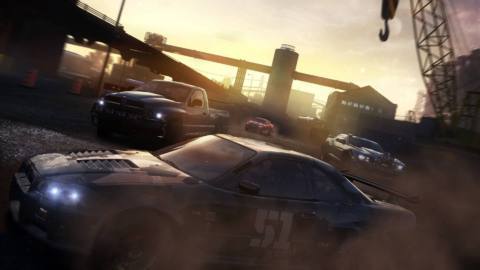
I’ve been playing Triangle Strategy forever now. Since way before the game even released, in fact – Nintendo is one of those publishers that is usually really good at giving us a good amount of time to review a game. And yet here we are, weeks from its release, and I still haven’t written about it for VG247. That’s not a reflection on the quality of the game, which is excellent – but it is demonstrative of the type of game it is.
Specifically, Triangle Strategy is – as the headline says – a slow burn. The start of the game is especially slow, but even once the story gets truly underway and begins to roll at its natural speed, it still feels quite glacial. It’s a game that’s often a little too navel-gazey and long in the tooth for its own good – and yet it’s also compelling enough that I keep returning to it, chipping away at it in little chunks here and there to work my way through an intriguing narrative and engage in thrilling, deeply tactical battles.
The largest touchstone in the development of Triangle Strategy was obviously Final Fantasy Tactics and its spiritual forebear, Tactics Ogre. These creations of Yasumi Matsuno (who, to be clear, was not involved in Triangle Strategy in any way) were also pretty waffley and self-serious, though I also think it’s completely fair to say that they executed on their Shakespearian ambitions much more strongly than Triangle Strategy ultimately does.






